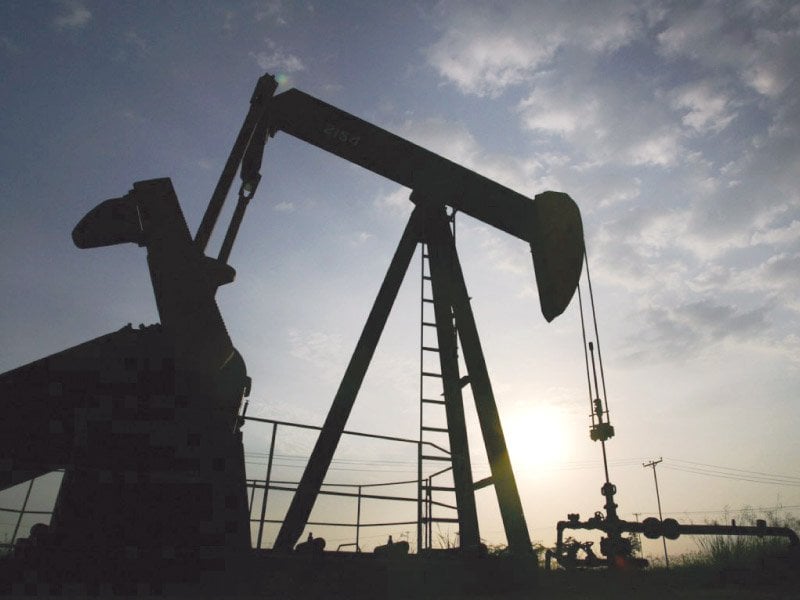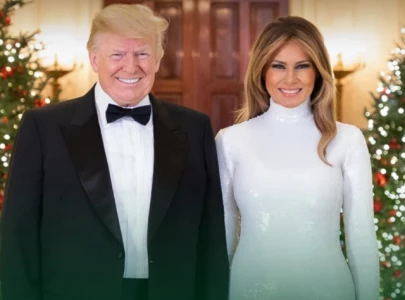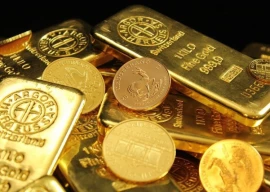
"This is the oil market's response to the OPEC+ group's refusal to step up its oil production," said Carsten Fritsch, commodities analyst at Commerzbank in Frankfurt.
OPEC leader Saudi Arabia and its biggest oil-producer ally outside the group, Russia, on Sunday ruled out any immediate extra increase in output, effectively rebuffing a call by Trump for action to cool the market. "I do not influence prices," Saudi Energy Minister Khalid al-Falih told reporters as OPEC and non-OPEC energy ministers gathered in Algiers for a meeting that ended with no formal recommendation for any additional supply boost.
Iran oil minister says hopes OPEC will not follow US orders
Trump said last week that OPEC "must get prices down now!", but Iranian Oil Minister Bijan Zanganeh said on Monday OPEC had not responded positively to Trump's demands.
"It is now increasingly evident that in the face of producers' reluctance to raise output, the market will be confronted with supply gaps in the next 3-6 months that it will need to resolve through higher oil prices," BNP Paribas oil strategist Harry Tchilinguirian told Reuters Global Oil Forum.
Commodity traders Trafigura and Mercuria said on Monday that Brent could rise to $90 per barrel by Christmas and pass $100 in early 2019, as markets tighten once US sanctions against Iran are fully implemented from November. JP Morgan said US sanctions on Iran could lead to a loss of 1.5 million bpd, while Mercuria warned that as much as 2 million bpd could be knocked out of the market.
OPEC as well as top producer Russia have been discussing raising output to counter falling supply from Iran, although no decision has been made public yet. A source familiar with OPEC discussions told Reuters on Friday that OPEC and other producers have been discussing the possibility of raising output by 500,000 bpd.



1719319701-0/BeFunky-collage-(10)1719319701-0-165x106.webp)






1730379446-0/WhatsApp-Image-2024-10-31-at-17-56-13-(1)1730379446-0-270x192.webp)
1735025557-0/Untitled-(96)1735025557-0-270x192.webp)











COMMENTS
Comments are moderated and generally will be posted if they are on-topic and not abusive.
For more information, please see our Comments FAQ